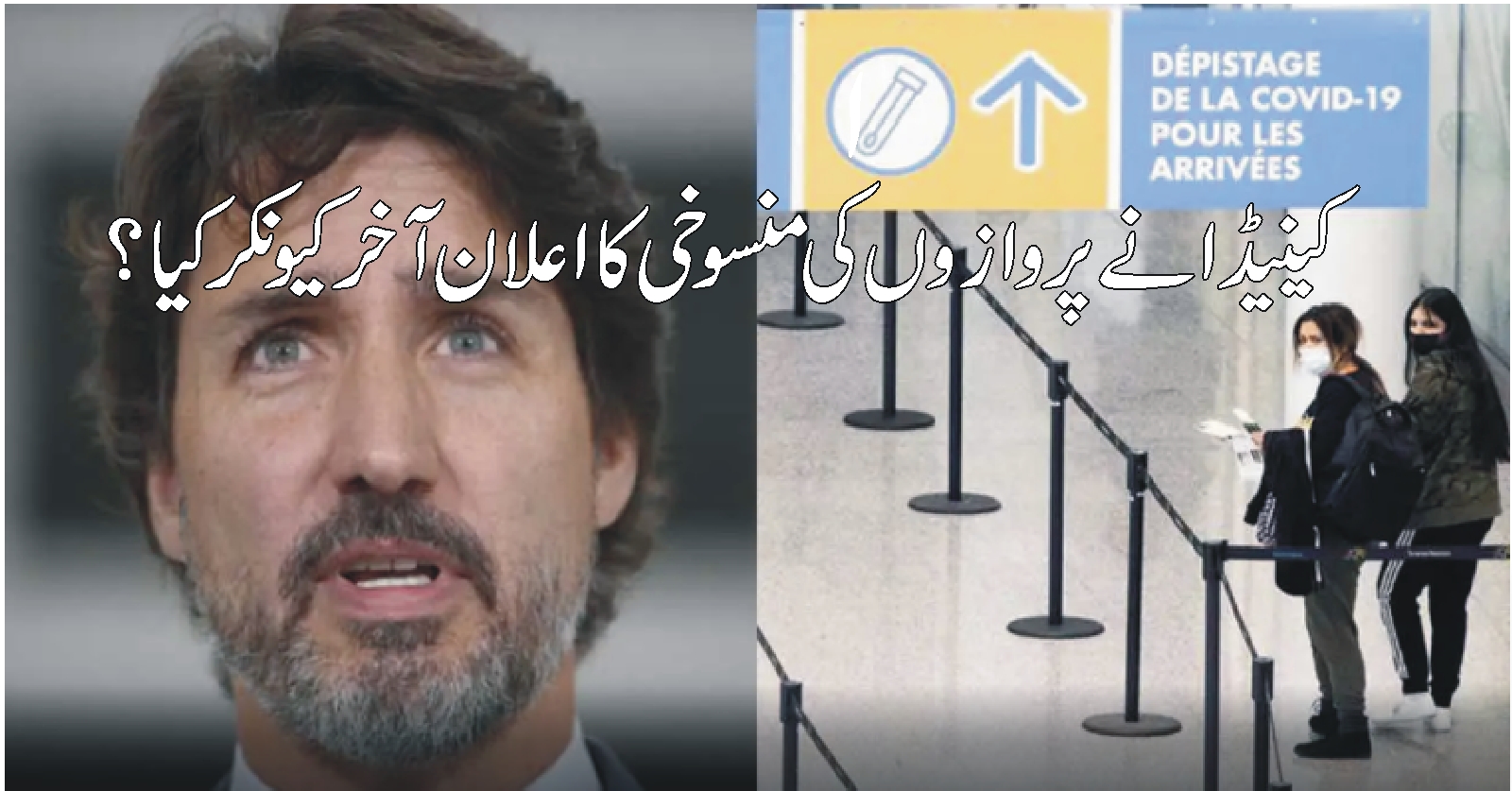
مجوزہ پاکستان میڈیا ڈویلپمنٹ اتھارٹی بل حکومت کو یہ اختیار دے گا کہ وہ میڈیا آؤٹ لیٹس بند کر دے اور صحافیوں اور میڈیا ہاؤسز کو سزا دینے کے لیے ٹربیونل بنائے جو کہ اہم فوجی اہلکاروں ، ججوں اور سرکاری افسران کے خلاف تنقیدی مضامین لکھتے ہیں ،اور میڈیا لیڈروں سے ڈرتے ہیں۔ بل میں یہ تجویز بھی دی گئی ہے کہ اتھارٹی میڈیا ورکرز کی اجرت کا جائزہ لے اور اجرت کے تنازعات کو حل کرے۔
خصوصی ٹربیونلز اتھارٹی کے تحت قائم کیے جائیں گے اور اس کا فیصلہ صرف پاکستان کی سپریم کورٹ میں کیا جا سکتا ہے۔ نئے قواعد و ضوابط کو توڑنےوالے کے خلاف ، ٹربیونل کو یہ اختیار حاصل ہوگا کہ وہ مواد تیار کرنے والوں کو تین سال تک قید اور 25 ملین پاکستانی روپے (€ 124،181) ($ 146،848) تک جرمانے کی سزا دے سکتا ہے۔ پاکستان میں ، تنقید کو دبانے کے لیے جعلی خبروں اور نفرت انگیز تقاریر کو اکثر استعمال کیا جاتا ہے۔کئی ہفتوں سے کابینہ کے عہدیدار اور حکومتی ترجمان اس تصور کو فروغ دے رہے ہیں کہ پاکستان میڈیا ڈویلپمنٹ اتھارٹی (پی ایم ڈی اے) ، جو نئے قانون کے تحت قائم کی جائے گی ، میڈیا ورکرز کی ادائیگی کو یقینی بنائے گا اور جھوٹی خبروں کا مقابلہ کرے گی۔
وزیر مملکت برائے اطلاعات و نشریات فرخ حبیب نے وضاحت کی کہ حکومت نے ابھی تک کوئی قانونی مسودہ تیار نہیں کیا ہے اور نہ ہی وہ پی ایم ڈی اے کے حوالے سے کوئی آرڈیننس پاس کرنے جا رہی ہے۔ پاکستان تحریک انصاف نے خصوصی کمیٹی کی چیئرمین شپ پر بھی اعتراض کیا ہے۔پاکستانی ہیومن رائٹس کمیشن نے نئے قانون کے ‘سخت’ ریگولیٹری فریم ورک کے بارے میں بھی تشویش کا اظہار کیا ہے ، جبکہ دیگر بار اور قانونی تنظیموں نے اس کی مخالفت کرنے والے صحافیوں کی حمایت کا اظہار کیا ہے۔
حکومت پاکستان میں مختلف میڈیا ریگولیٹری اتھارٹیز کو مستحکم کرنے اور مجوزہ قانون سازی کے تحت ڈیجیٹل میڈیا کے لیے ریگولیشن کا دائرہ کار وسیع کرنے کے ساتھ ساتھ ایک نیا ریگولیٹری باڈی بنانے کا ارادہ رکھتی ہے جسے پاکستان میڈیا ڈویلپمنٹ اتھارٹی (پی ایم ڈی اے) کہا جاتا ہے۔ میڈیا کے وکلاء نے حکومت کے اس اقدام کی مذمت کی ہے اور اسے پریس کی آزادی کو سلب کرنے کی ایک اور کوشش قرار دیا ہے۔
Journalist Spreading Fake News Will Be Fined Rs. 25 Million & 3 Years In Jail
The proposed Pakistan Media Development Authority bill would give the govt the facility to pack up media outlets and make tribunals to punish journalists and media houses that write critical articles against prominent military personnel, judges, and officialdom, fear media leaders. The bill also proposes that the authority assess media workers’ wages and resolve wage disputes, which was kept secret until it had been leaked to the media.
Special tribunals would be established under the authority, and its decisions could only be contested in Pakistan’s Supreme Court. For breaking the new regulations, the tribunals will have the authority to sentence content producers to up to 3 years in prison and fines of up to 25 million Pakistani rupees (€124,181) ($146,848). In Pakistan, designations like fake news and hate speech are frequently employed to repress criticism.
For weeks, cabinet officials and government spokespeople are promoting the concept that the Pakistan Media Development Authority (PMDA), which can be established under the new law, will ensure prompt payment of media workers and combat the threat of false news.
State Minister for Information and Broadcasting Farrukh Habib explained that the govt had not developed any legal draught thus far and neither was it getting to pass any ordinance in reference to PMDA. The Pakistan Tehreek-e-Insaf (PTI) has also objected to the special committee’s chairmanship. The Pakistani Human Rights Commission has also expressed worries about the new law’s “draconian” regulatory framework, while other bars and legal organizations have expressed support for journalists who oppose it.
The government intends to consolidate various media regulatory authorities in Pakistan and broaden the scope of regulation for digital media under the proposed legislation, also as form a replacement regulatory body referred to as the Pakistan Media Development Authority (PMDA). Media advocates have slammed the government’s move, calling it just another plan to stifle press freedom.








